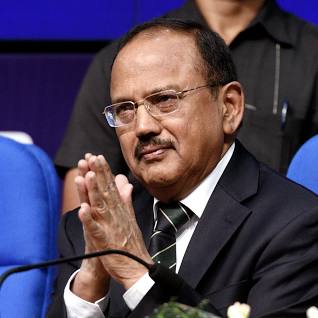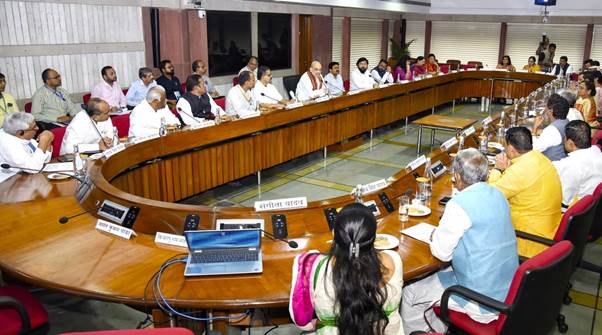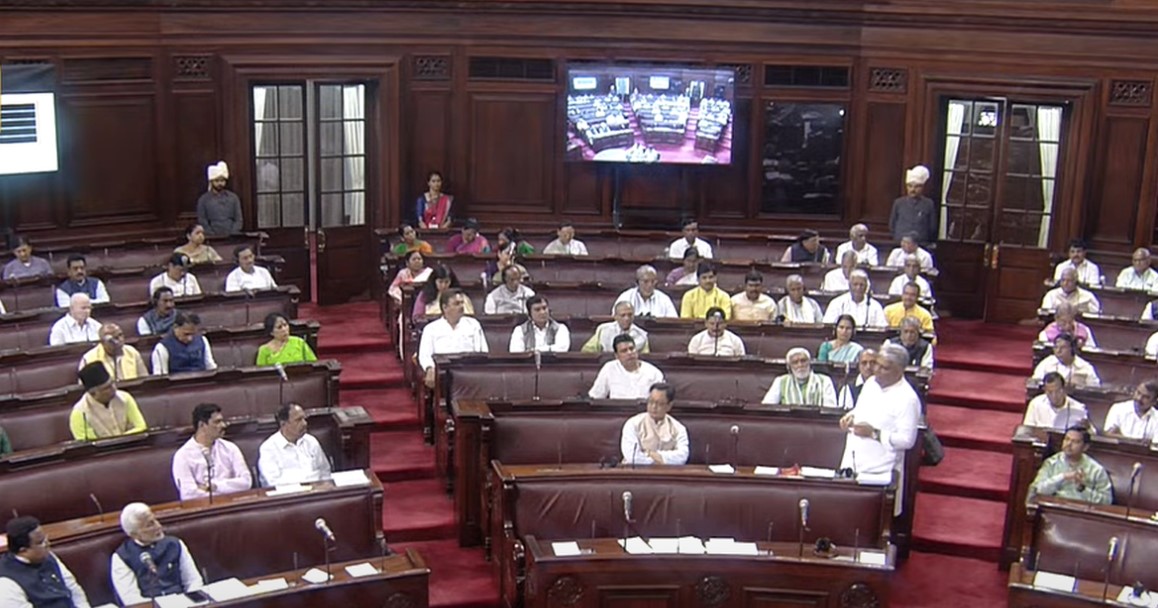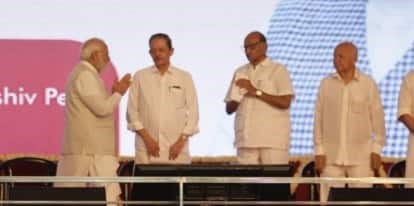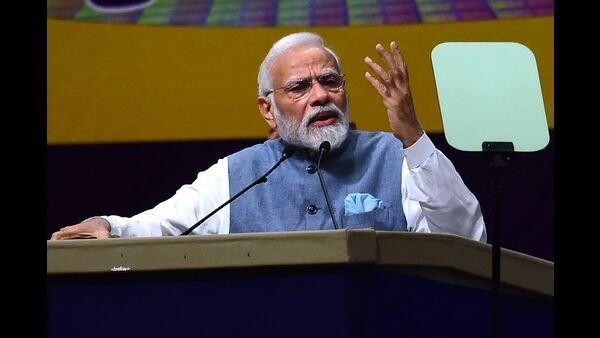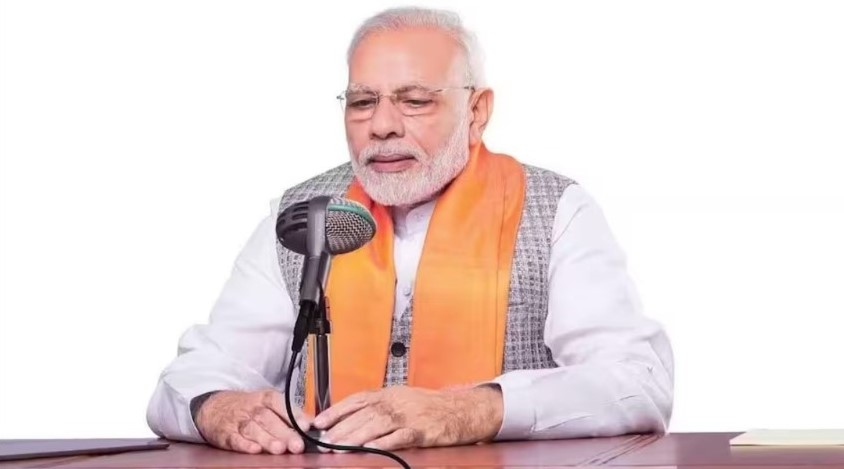On the occasion of National Handloom Day PM Modi Today launched the e-portal ‘Bhartiya Vastra evam Shilpa Kosh – A Repository of Textiles & Crafts’ developed by the National Institute of Fashion Technology. The Prime Minister also visited the exhibition and interacted with the artisan, craft and weavers.
In his address, the Prime Minister underlined the contribution of India’s handloom industry and emphasized the importance of preserving India’s diverse clothing traditions. He noted that the launch of ‘Bhartiya Vastra evam Shilpa Kosh’ would help compile and showcase India’s rich clothing heritage. The Prime Minister also spoke about the Swadeshi Movement and its role in connecting Indian weavers with the people, inspiring the government to choose National Handloom Day.
The Prime Minister emphasized the need to promote Swadeshi and support the handloom industry, which has seen unprecedented growth in recent years. He noted that the sale of Khadi clothes has increased by five times, and its demand in foreign nations is also increasing. The Prime Minister also highlighted the success of his Mann Ki Baat program in promoting Khadi products. The Prime Minister recalled his conversations with the weavers before the start of the program and welcomed the various handloom clusters from across the country in today’s grand celebrations. He also observed the diversity in clothing ranging from the tribal communities in far-fetched areas to people living in the snow-clad mountains, and from people in the coastal regions to those living in the desert as well as the clothing available in the markets of India.
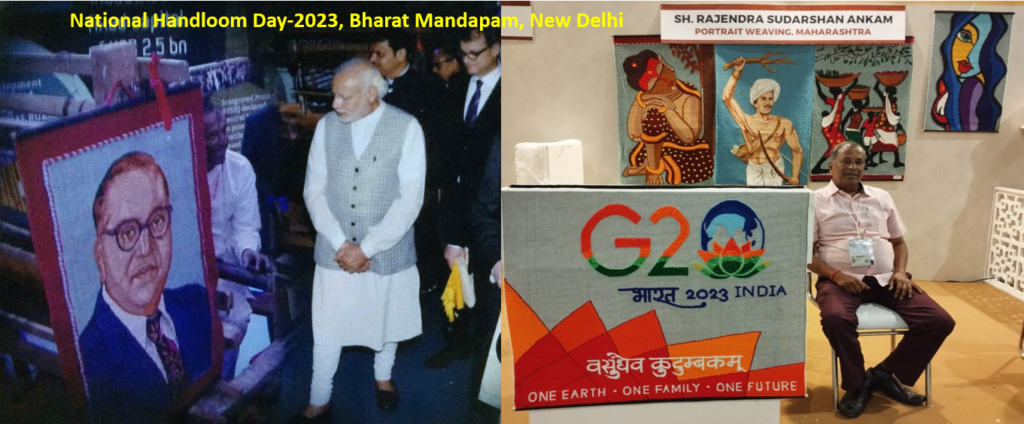
Handloom Weaver Shri. Rajendra Ankam from Solapur (Maharashtra)
The Prime Minister expressed delight that the need to enlist and compile the diverse clothing of India has come to fruition today with the launch of ‘Bhartiya Vastra evam Shilpa Kosh’. The launch of the e-portal and the Prime Minister’s address at the National Handloom Day Celebration reflect the government’s commitment to preserving India’s rich textile heritage and promoting Swadeshi.
Prime Minister Narendra Modi addressed the National Handloom Day Celebration at Bharat Mandapam in Pragati Maidan, New Delhi, and launched the e-portal ‘Bhartiya Vastra evam Shilpa Kosh – A Repository of Textiles & Crafts’ developed by the National Institute of Fashion Technology. The Prime Minister highlighted the contribution of the handloom industry of India and said that the confluence of old and new defines the new India of today. He also emphasized the need to repeat the Swadeshi resolution to support the weavers and handicraftsmen in the upcoming festivities of Raksha Bandhan, Ganesh Utsav, Dussehra, and Deepavali. The Prime Minister expressed satisfaction that the schemes implemented for the textile sector are becoming a major means of social justice as lakhs of people are engaged in handloom work in villages and towns across the country. He also mentioned the Mudra Yojana and said that it has now become possible for weavers to get loans without guarantee.
The Prime Minister urged the citizens to host the Tricolour and celebrate the ‘Har Ghar Tiranga’ once again. Union Minister of Textiles, Shri Piyush Goyal, Union Minister of State for Textiles, Smt Darshana Jardosh and Union Minister for Micro, Small & Medium Enterprises, Shri Narayan Tatu Rane were present on the occasion among others.




